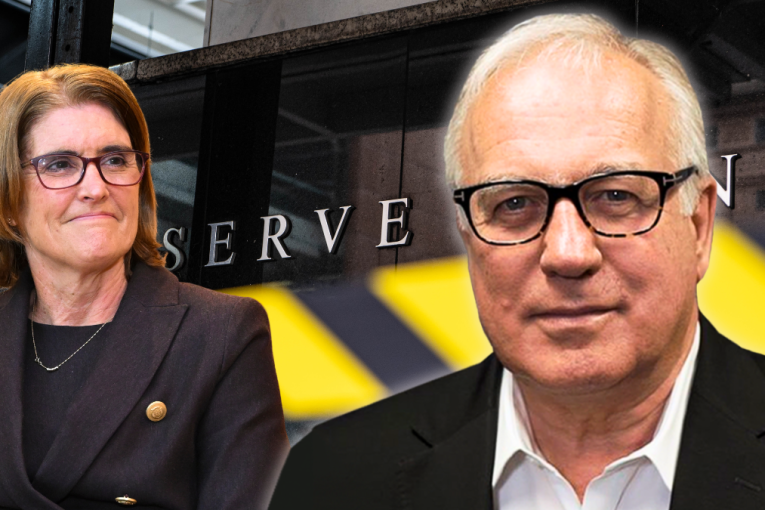How to best leave your superannuation to a beneficiary after you die


Passing on your superannuation requires some planning as it is not a 'willable asset'. Photo: TND
Do you know what will happen to your superannuation balance after you die?
It’s worth considering, as your will cannot cover it.
That means your super fund trustees need direction over what to do with it in the event of your death.
You need to make what is known as a ‘binding death nomination’, which differs to a non-binding nomination.
The latter option offers guidance to the super fund trustees on what to do with your money after you die. But, as the name suggests, they are not bound by it.
Generally, the trustees will comply with a non-binding nomination, but “they are under a legal obligation to do the best job they can to make sure they pay the money to the right people according to what they know,” said Rasiah Private principal adviser Thabojan Rasiah.
That could mean, for example, that your wish to split the money among different recipients according to a formula you favour could clash with the letter of the law.
As a result, your trustees may feel obligated to circumvent your formula.
Differentiating between the two options is important, as Mr Rasiah said “most people don’t have a nomination at all, or if they do, it is a non-binding nomination”.
Have your say
The best way to ensure your wishes are met is to make a binding death nomination.
Such a document “legally binds your trustee to pay the money to whoever you nominate,” Mr Rasiah said.
But there is a catch. Binding death nominations expire every three years, and if you forget to renew them or become too ill to do so, then they lapse and you are left with no nomination at all.
Fortunately, there is a way around that.
“Most funds offer a non-lapsing binding nomination these days, so you don’t have to renew it every three years,” Consortium Private Wealth adviser Rob Goudie said.
That is important so ask your fund about it. If it does not offer that service, you might want to move to a fund that does.
Unlike with a will, you can’t leave your superannuation money to anyone you choose, either.
“It can be your current spouse or partner, your children of any age, or anyone who is financially dependent on you,” Mr Goudie said.
And it doesn’t need to all go to one person.
Nominating your estate
That said, there is a way to leave your super to the Lost Dogs Home or some other cause or person you deem worthy.
You have to nominate your estate or a personal legal representative as the beneficiary of your super.
But remember, it is much harder for someone to challenge a superannuation binding nomination than it is a will.
Be holistic
Mr Rasiah recommends thinking about your super as part of your general asset pool.
“People should be thinking about their overall estate planning and how they want all their assets to pass on to other people,” he said.
So if you have money or property outside super, then you need to think about how this is best divided overall.
That’s because there are tax considerations when paying money out of super.
You can leave money from your super to your spouse or partner or children under the age of 18 without it being taxed.
But if you leave it to children over 18, they can be taxed on it at 17 per cent, Mr Rasiah said.
The part of your super that could be taxed in the hands of adult children is what is known as the taxable component.
This includes the super contributions paid under the superannuation guarantee, any extra concessional (tax-advantaged) payments you have made, and the investment returns earned by this money over the years.
If you made non-concessional contributions, these are not taxed in the hands of adult children.
But be careful of life insurance payouts from super.
If they go to an adult child, they can be taxed at a whopping 32 per cent.
If you make no nomination at all, then your trustees will have to determine how your super will be distributed after your death, which is why it’s worth talking to your fund to discuss your options.
The New Daily is owned by Industry Super Holdings









